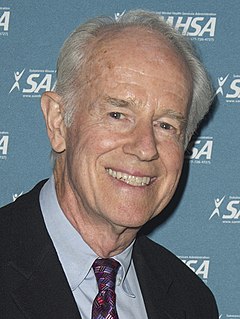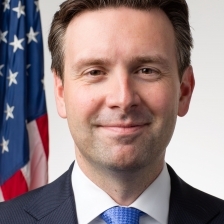A Quote by Mike Farrell
I think it's appropriate for the international community in situations like this to intervene in Kosovo. I am in favor of an intervention. On some level, you have to say that at least somebody is doing something.
Related Quotes
Sometimes people say to me, 'Well, what was the difference between Kosovo, which was a successful intervention, and Iraq and Afghanistan that have been so difficult?' And the answer is perfectly simple. In Kosovo, you have, after the removal of the loss of its regime, you had a process of political and economic reconstruction that took its part without the intervention of terrorism. If you had the intervention of terrorism, by the way, it would have been extremely difficult there - but we didn't.
Human rights and international criminal law both illustrate the contradictory potential of international law. On one level, the imposition of human rights norms is a restraint on interventionary diplomacy, especially if coupled with respect for the legal norm of self-determination. But on another level, the protection of human rights creates a pretext for intervention as given approval by the UN Security Council in the form of the R2P (responsibility to protect) norm, as used in the 2011 Libyan intervention. The same applies with international criminal accountability.
What if the Soviet intervention was a blessing in disguise? It saved the myth that if the Soviets were not to intervene, there would have been some flowering authentic democratic socialism and so on. I'm a little bit more of a pessimist there. I think that the Soviets - it's a very sad lesson - by their intervention, saved the myth.
Well, God doesn't intervene in many of the situations we would like Him to because He would have to intervene in everything that we say and do that is wrong right the way through to some of the most terrible things happening in nations. What He does is He gives us signs that He is with us and that we can draw help from Him. Jesus changed water into wine. That had no function really. They had already run out of wine in the party so he was only aiding and abetting more drinking.
The fact that we're all hyphenating our names suggests that we are afraid of being assimilated. I was talking on the BBC recently, and this woman introduced me as being "in favor of assimilation." I said, "I'm not in favor of assimilation." I am no more in favor of assimilation than I am in favor of the Pacific Ocean. Assimilation is not something to oppose or favor - it just happens.



































